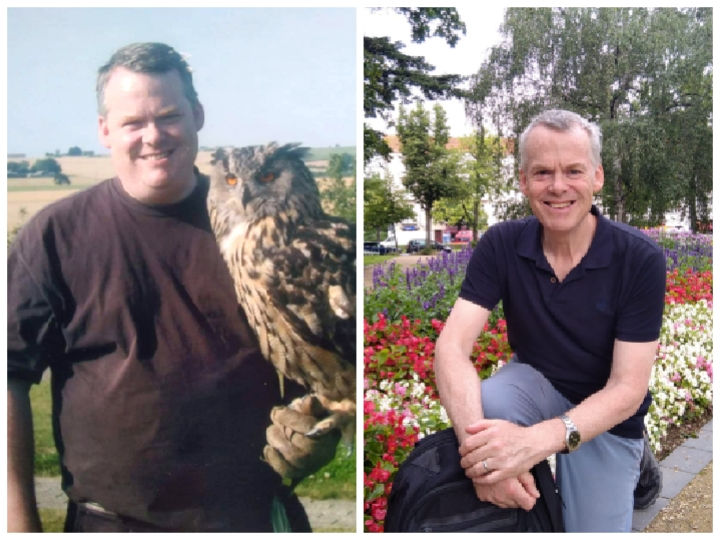Extinguishing the Anxiety Lurch
- Henry & Henry

- Oct 2, 2022
- 3 min read
Do you ever experience a lurching sensation in your stomach when a troubling thought suddenly occurs to you? I'm assuming it's quite common, although it could just be peculiar to me!
It's been a familiar experience for me since childhood, but in recent years it gained an air of incomprehensible mystery. Any significant thought relating to a situation I perceived as stressful was likely to trigger this response, no surprise there. However, why did sudden but thoroughly innocuous thoughts sometimes do it, too?
I still don't have a comprehensive answer, but I have noticed it's not happening anymore. So what am I doing differently? I'm working on my breathing which, for possibly most of my life, has been too fast, and most probably too big. If I'm breathing in excess of my metabolic needs, e.g. breathing while resting at a speed and / volume that corresponds to movement or exercise rather than rest, then it’s too much and it activates a stress response, giving my body a message that there's danger, or a threat, and I need to be alert to deal with it. Not experiencing anxiety symptoms in such circumstances would be extraordinary. And I’d be open to them happening at any moment because the breathing pattern was unconscious and on-going.
So could that be it? I suspect so. I'm breathing more slowly and lighter now, day and night. I'm training, or rather retraining my breathing, on a daily basis. The background anxiety that could, and did, spring to the forefront at the flick of a switch (a thought) has subsided. A snapshot in time is proof of very little, but I was pleased to see the recent photo of me in my autumn green jacket because I'm mostly feeling more serene now and the photo seems to reflect that. What a far cry from the state I was in 4 years ago when the worst symptom of the chronic fatigue I was experiencing was, at times, crippling anxiety!
And it seems it's not just me. "Feeling calmer" was alluded to, without prompting from me, from a case study participant just last week*, seemingly as a consequence of increased nasal breathing (and reduced mouth breathing). How wide-spread might this be if disordered breathing patterns were addressed? It's likely it would be significant since three quarters of the population with anxiety have disordered breathing patterns. It's something Graham wishes he'd known 15 to 20 years ago when the medical response to his anxiety was medication that he didn't want to take. But that's another story and it's his to tell.
I can honestly say I could never have anticipated getting excited about breathing, but it is exciting. The benefits, and unexpected side effects, can seem miraculous after so many years of the various ill effects of doing it wrong. Of course you could argue that it would be better to not get stuck in negative breathing patterns in the first place. True, and highly relevant for children…poor breathing can impact on the development of their faces and their academic progress. But for many of us, we are where we are so we might as well take the glass half full approach and learn to appreciate this most wonderful gift of life.

*I'm completing my training as a Buteyko Breathing Instructor. There's a little more about this in the previous blog post.



)_20230830_134131_0000.png)



Comments